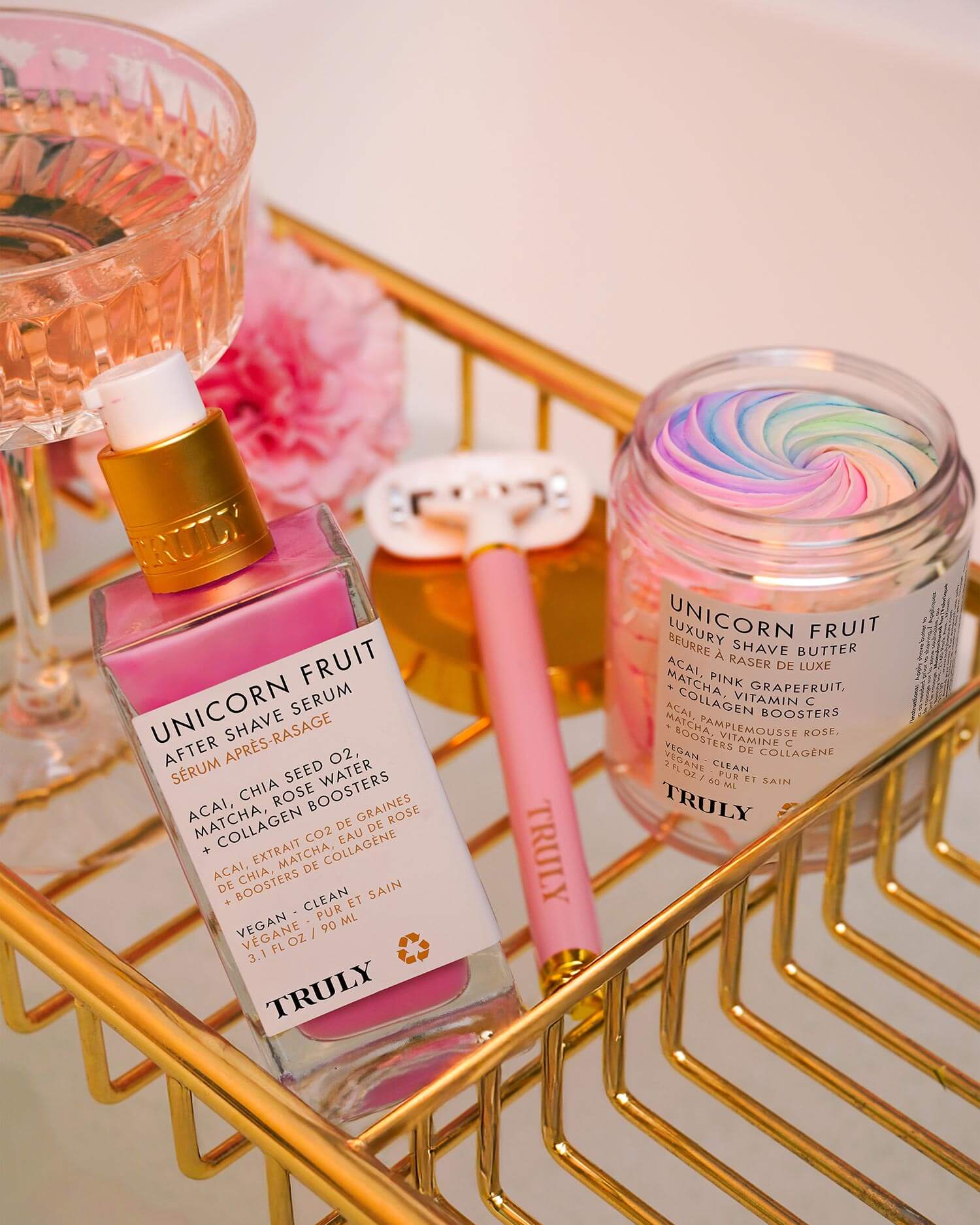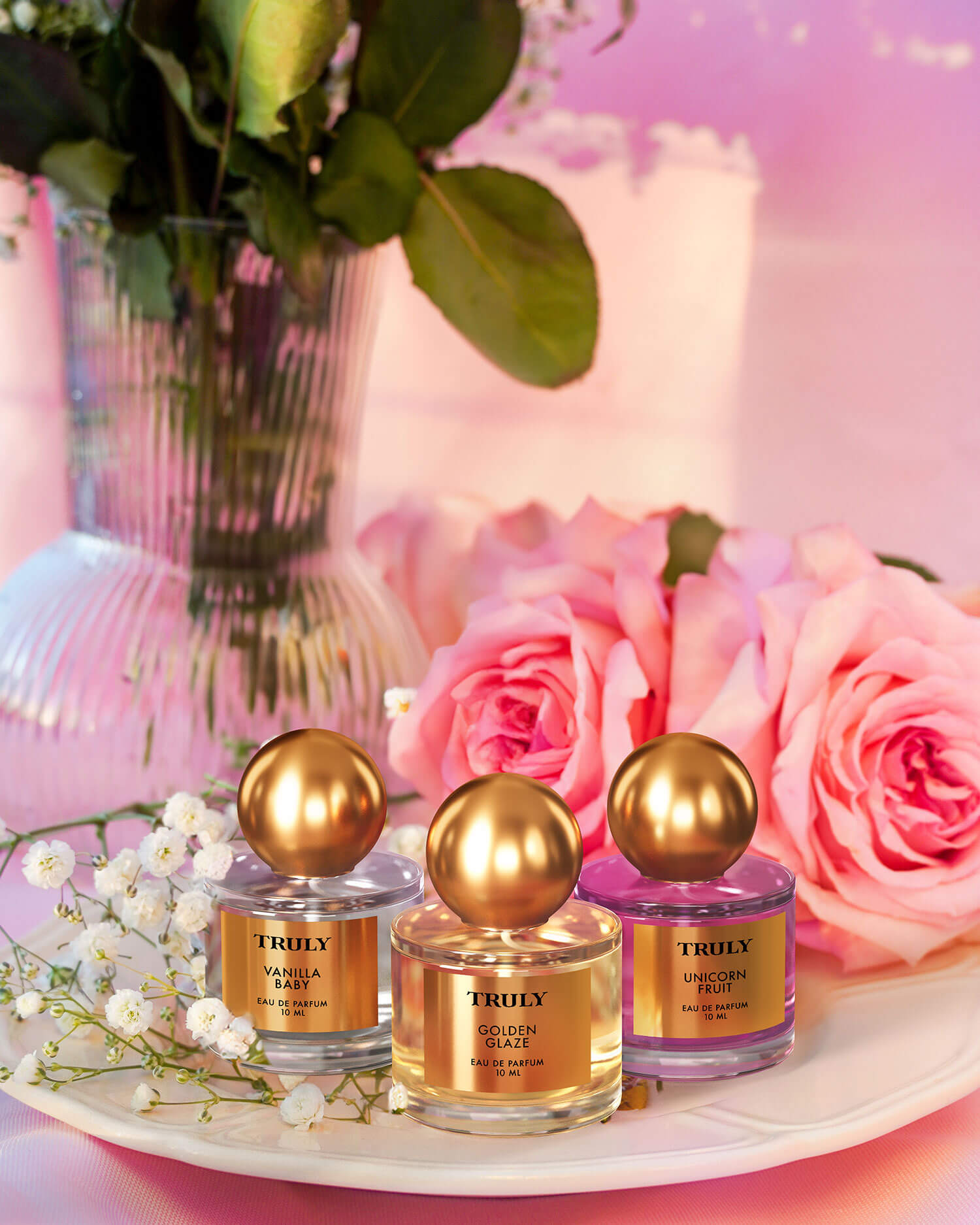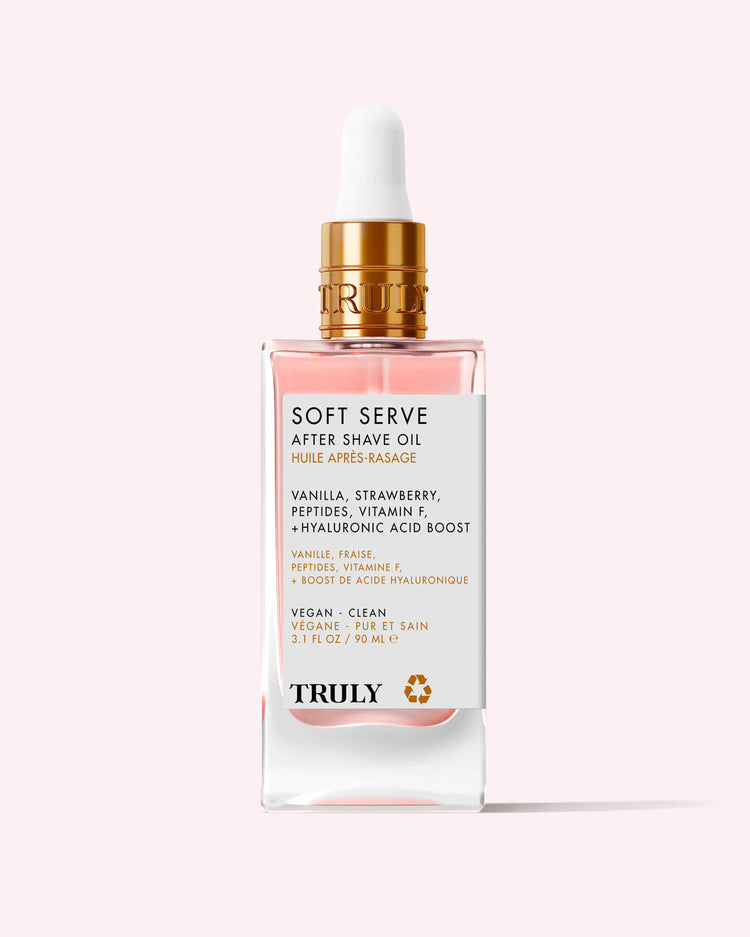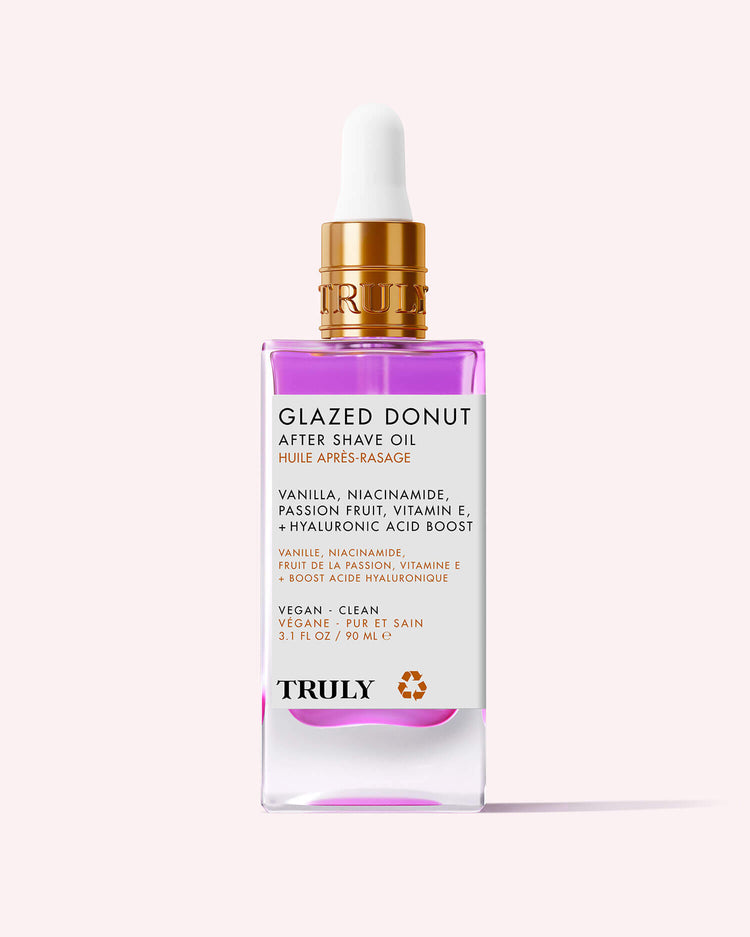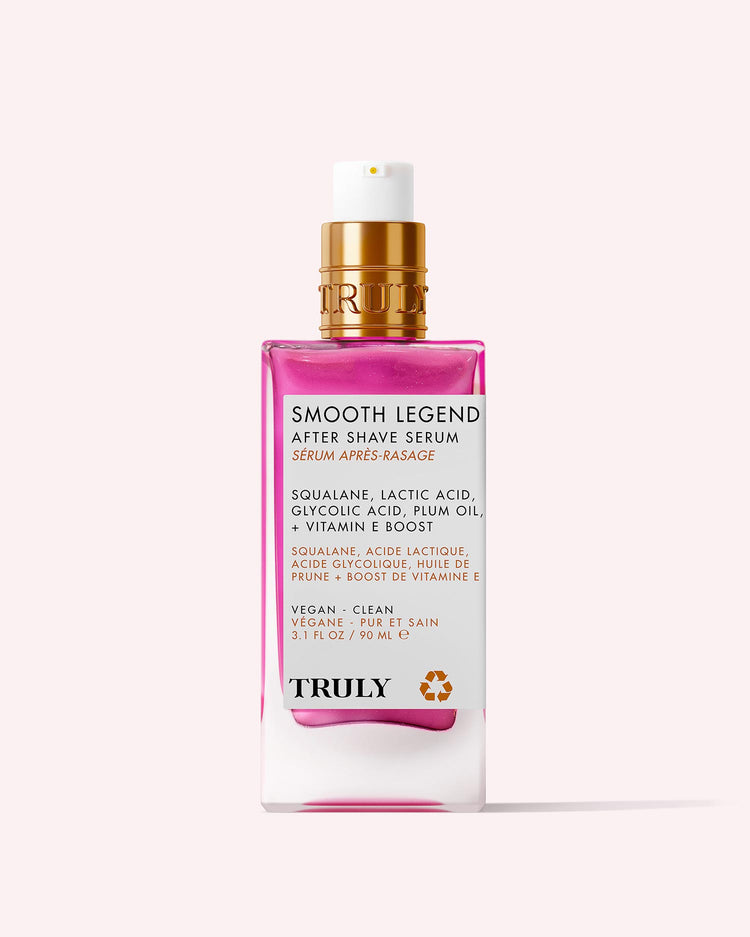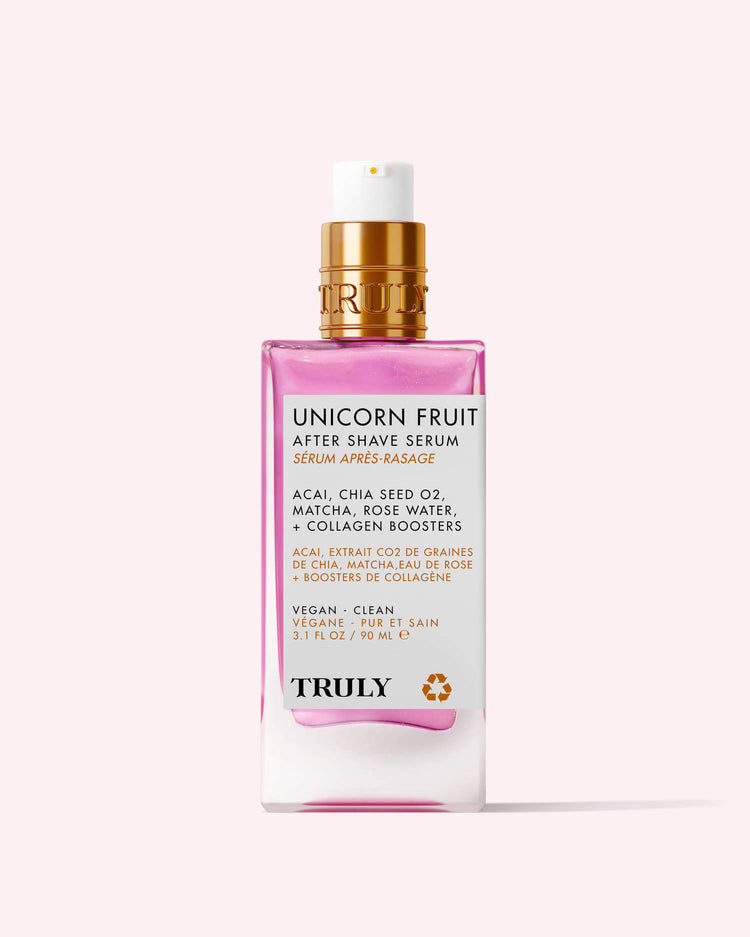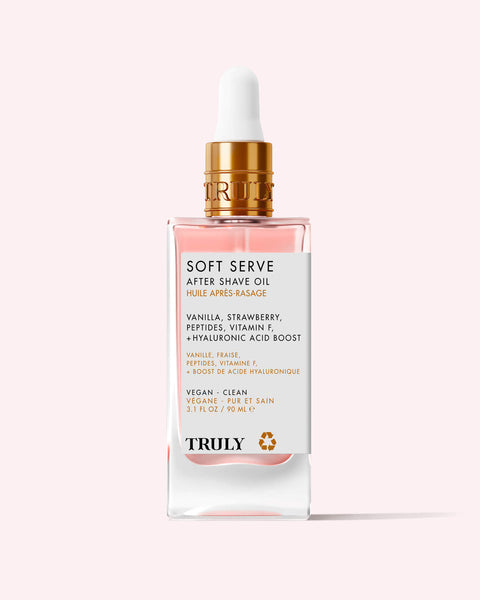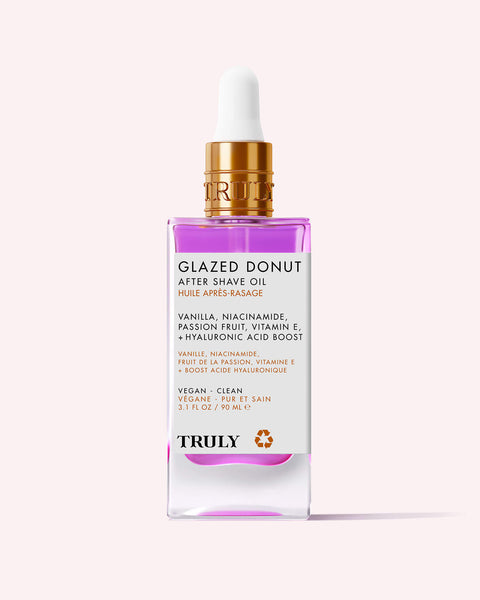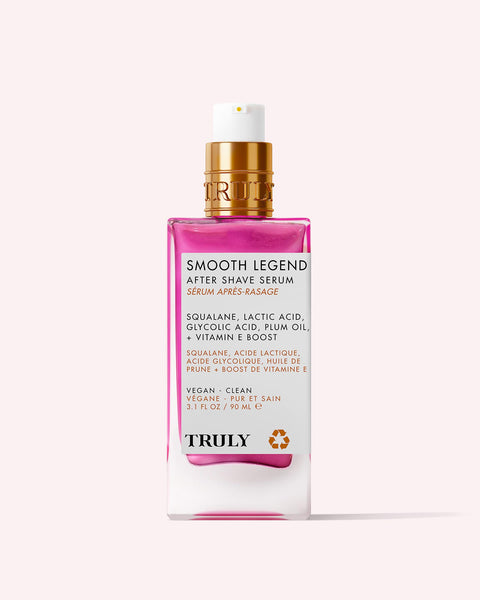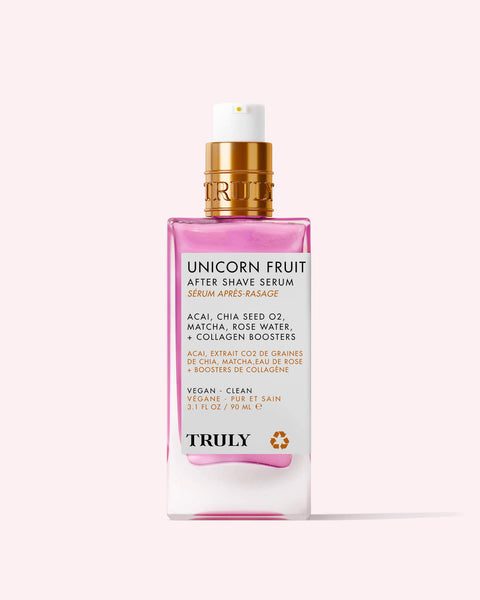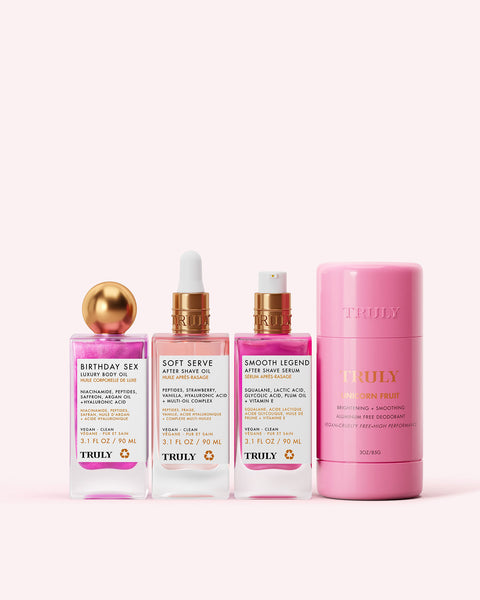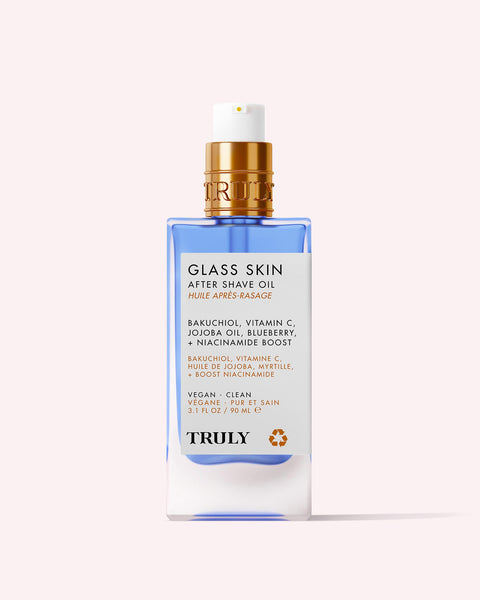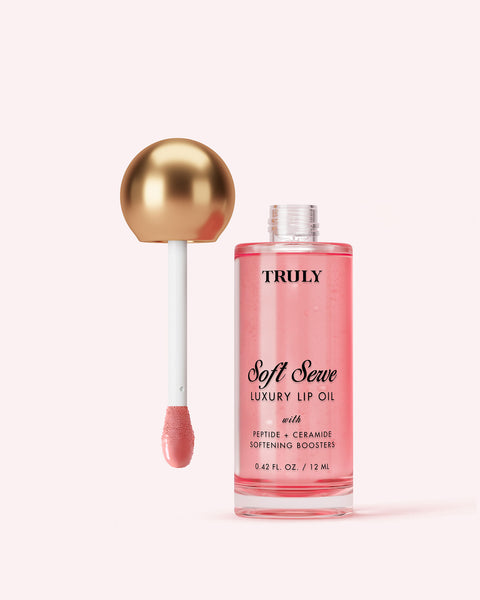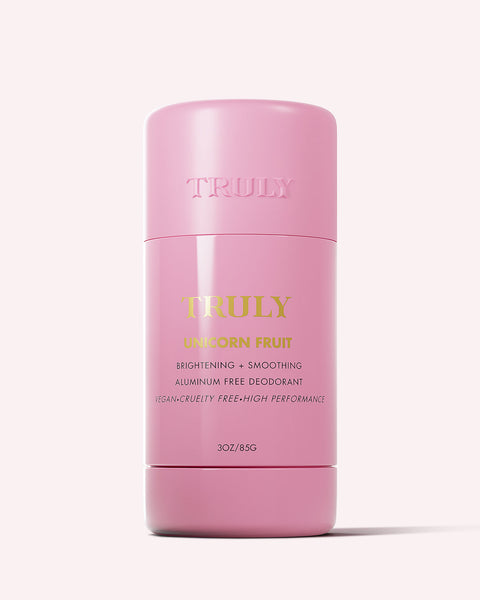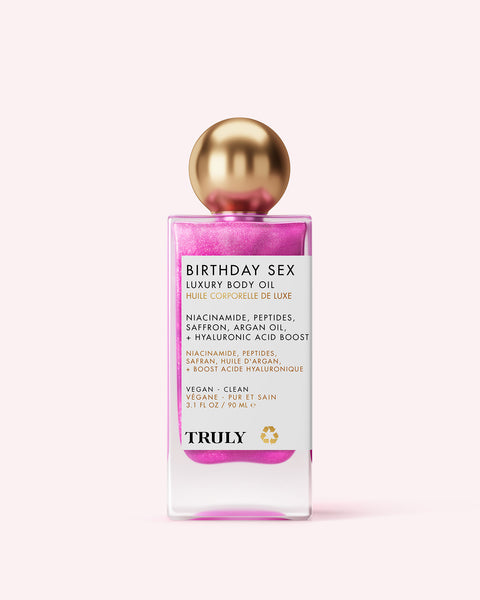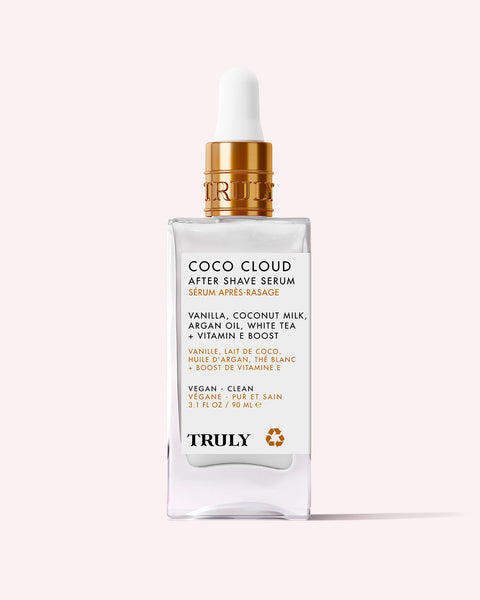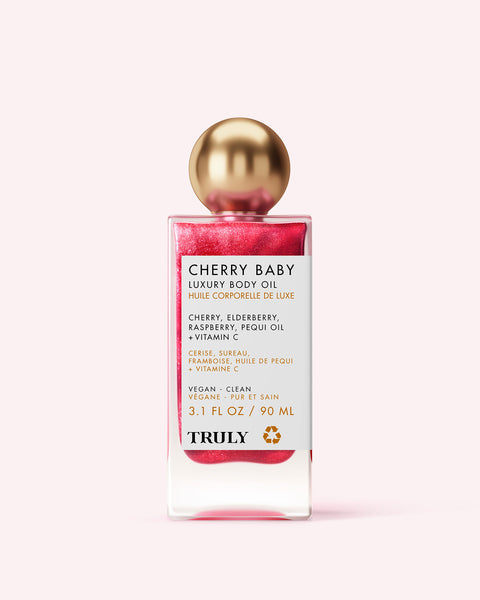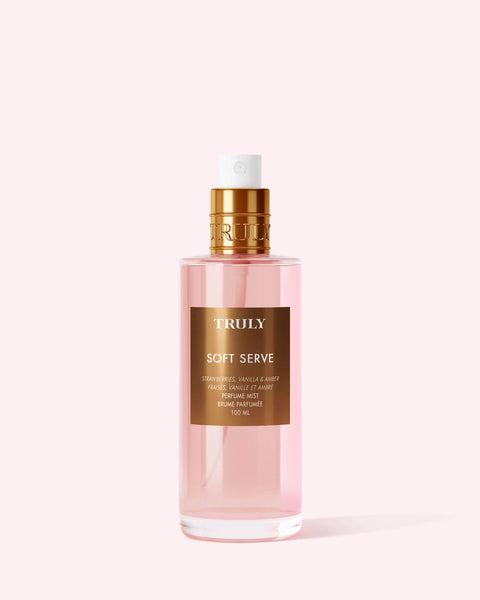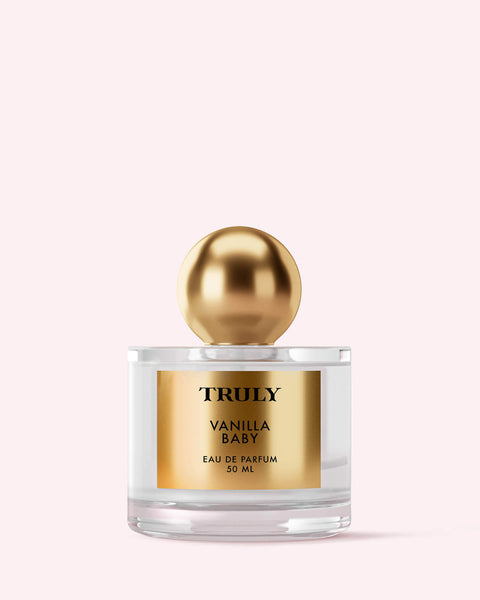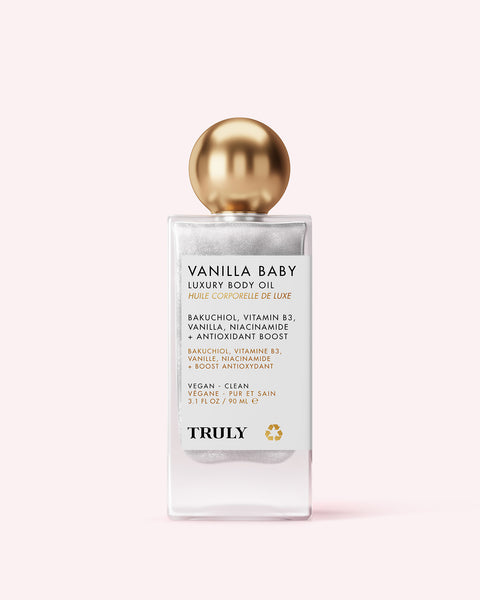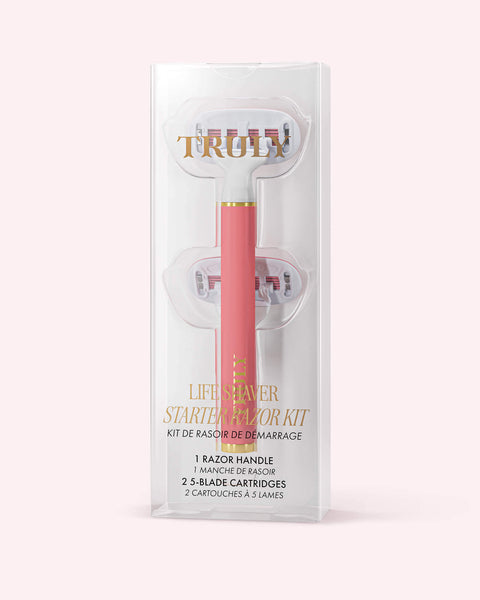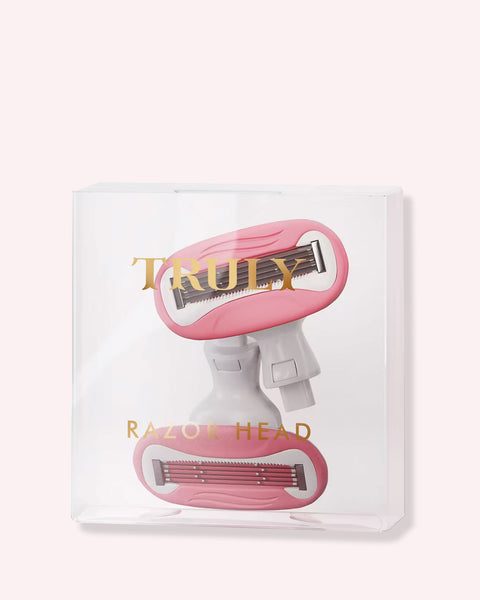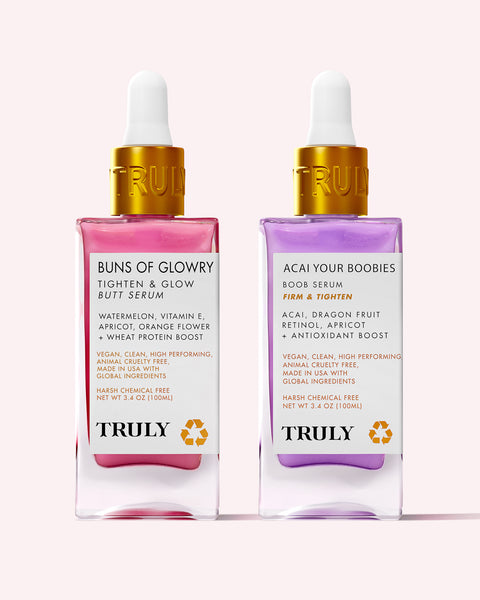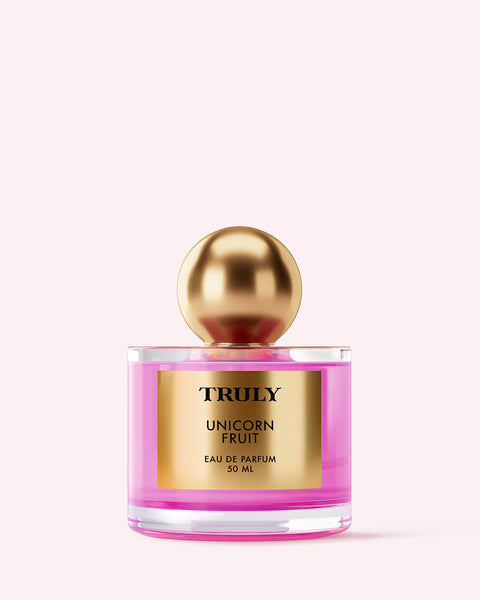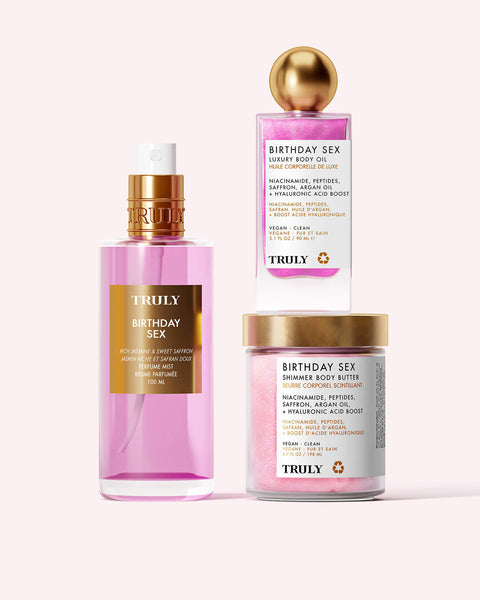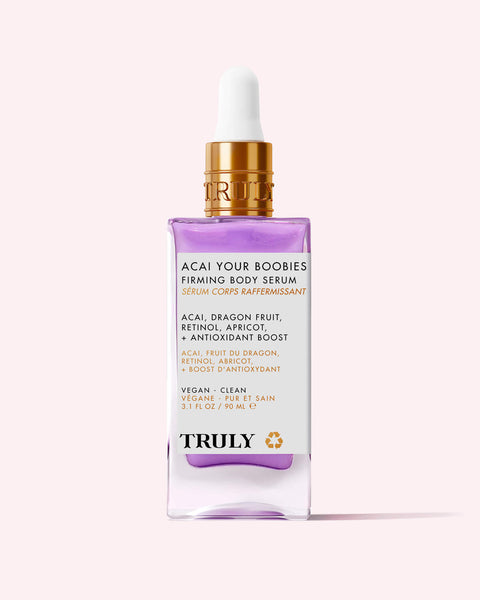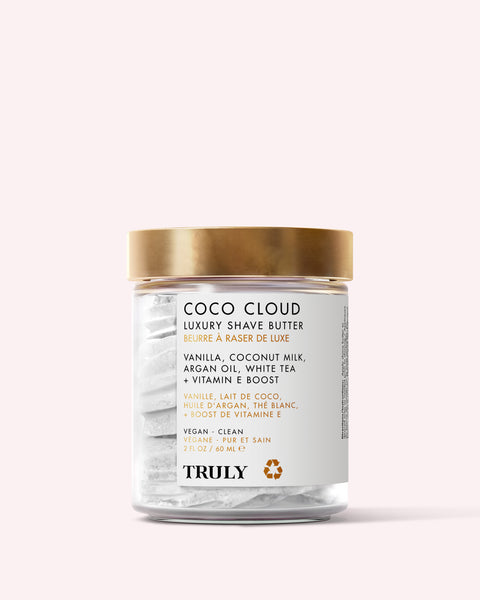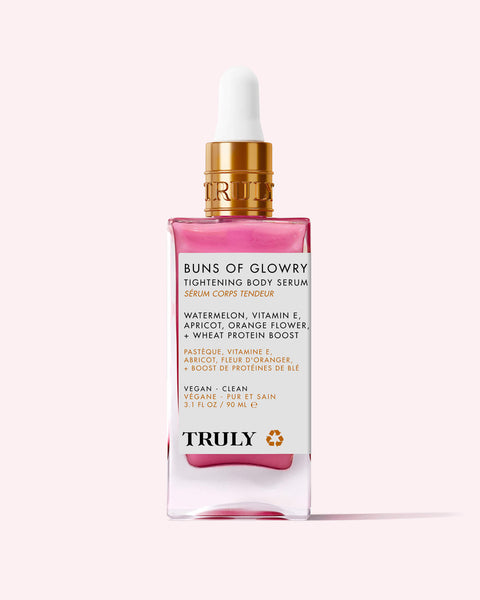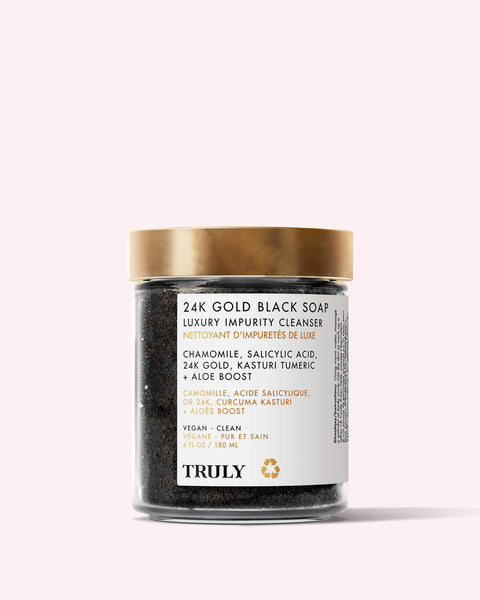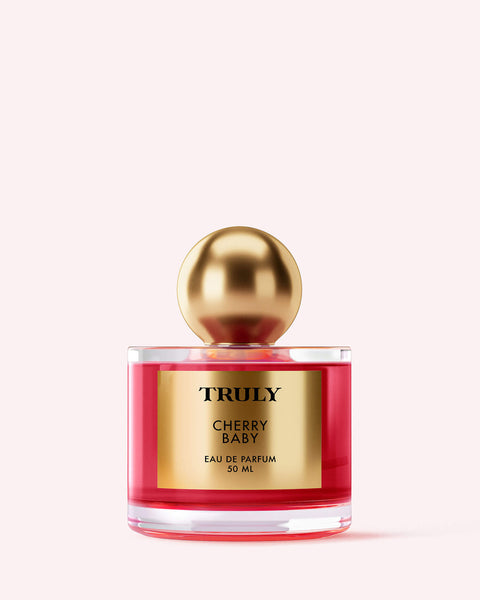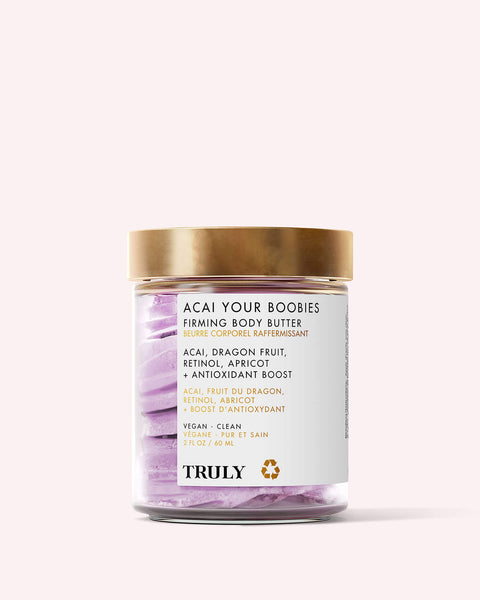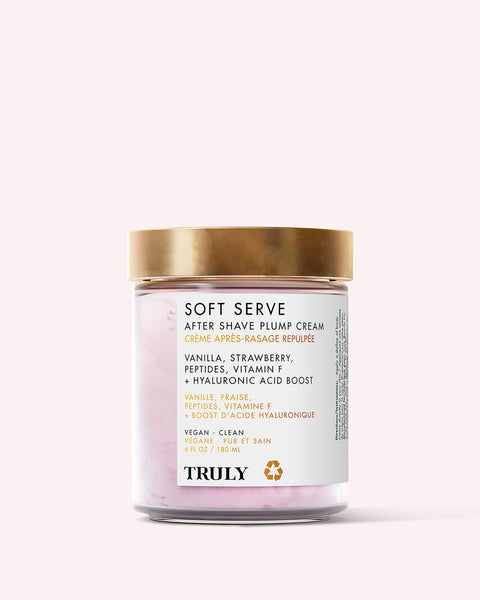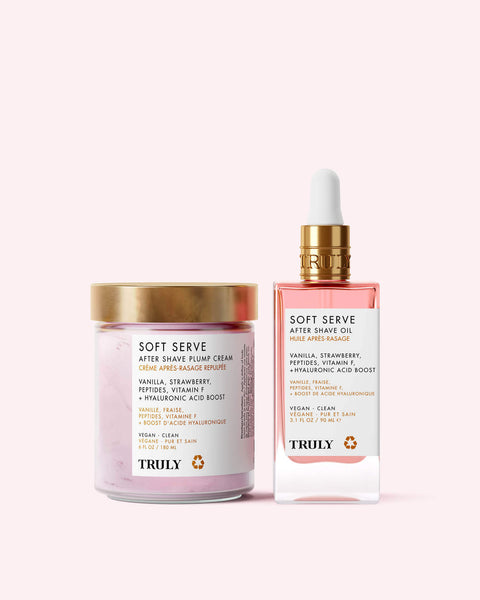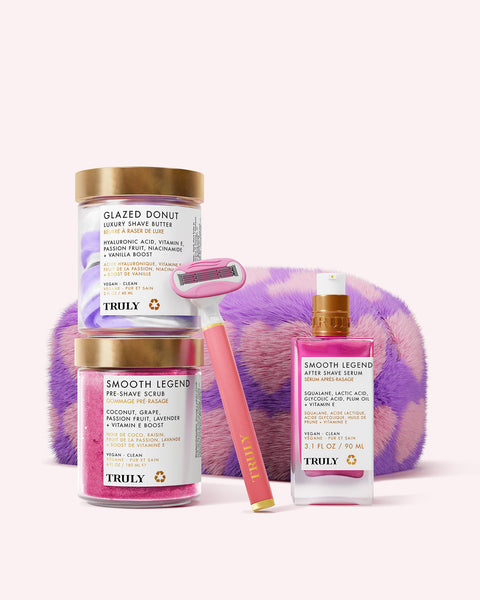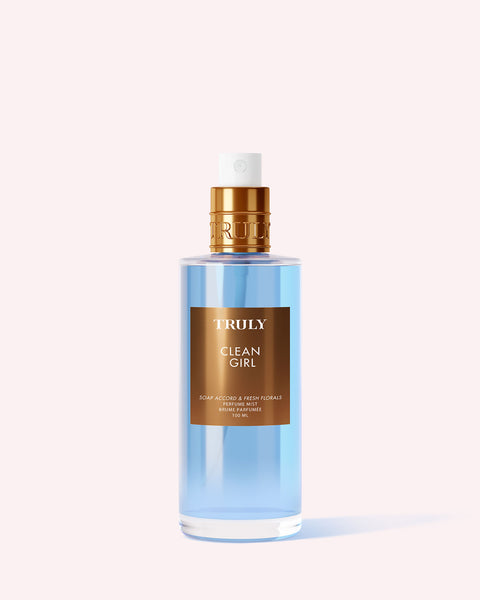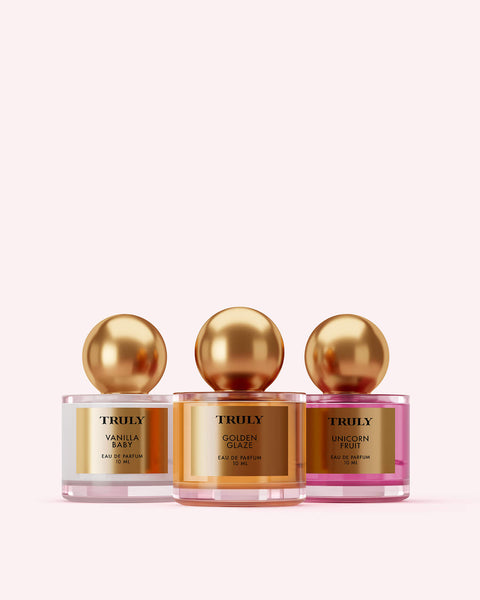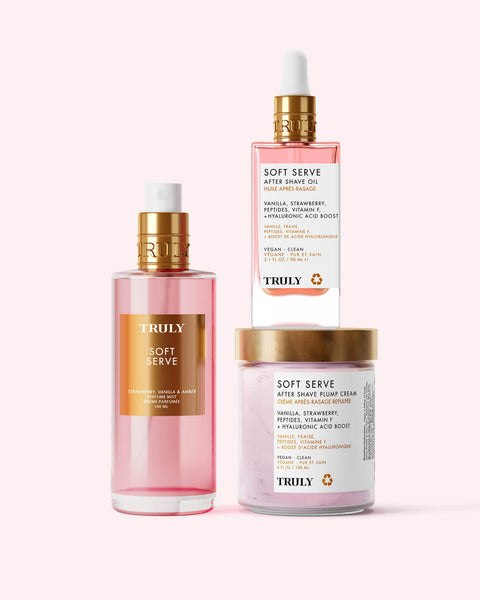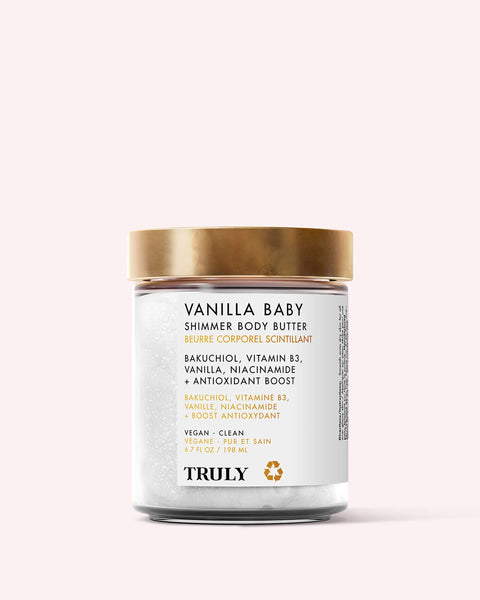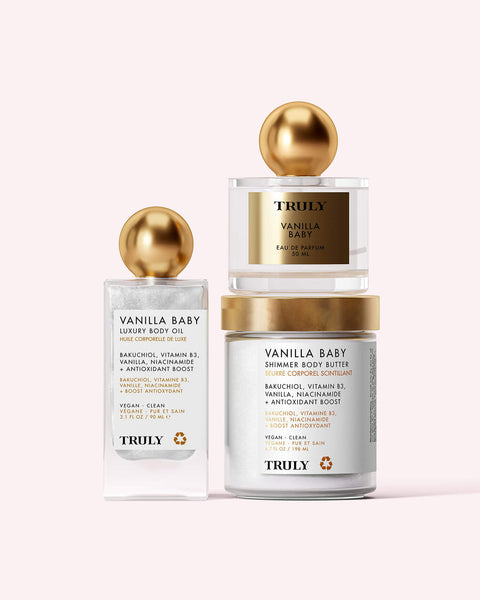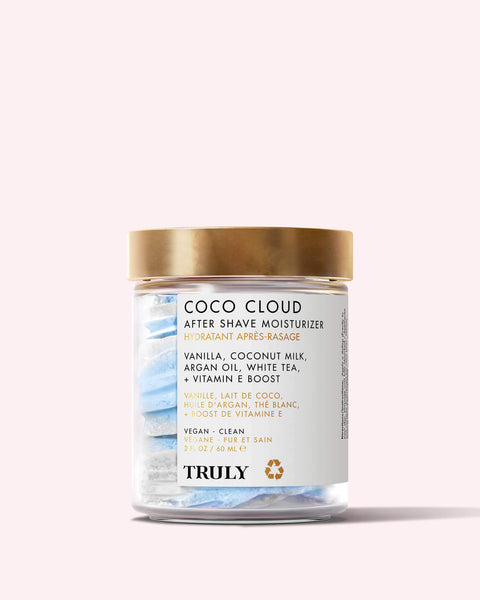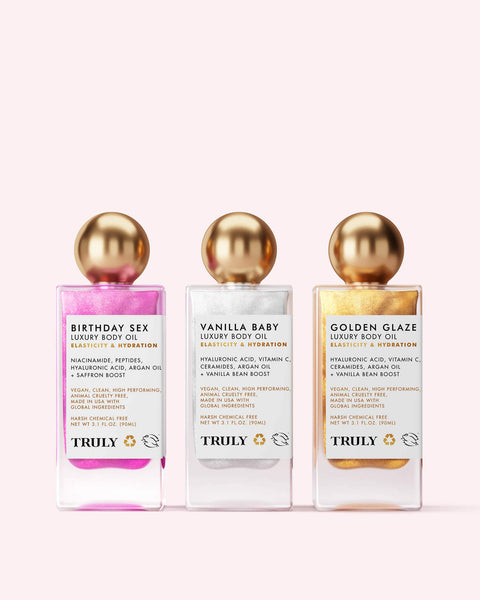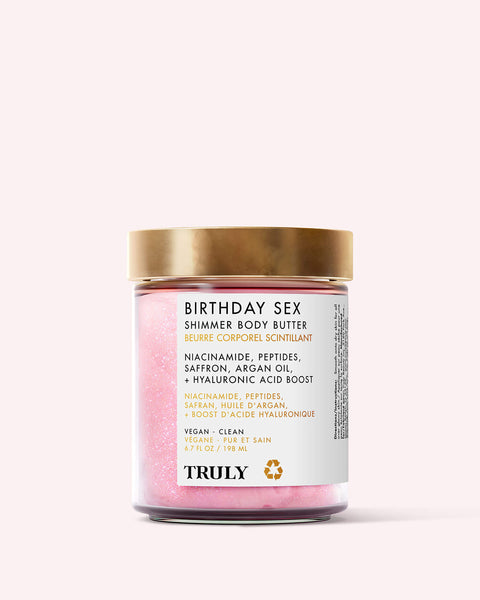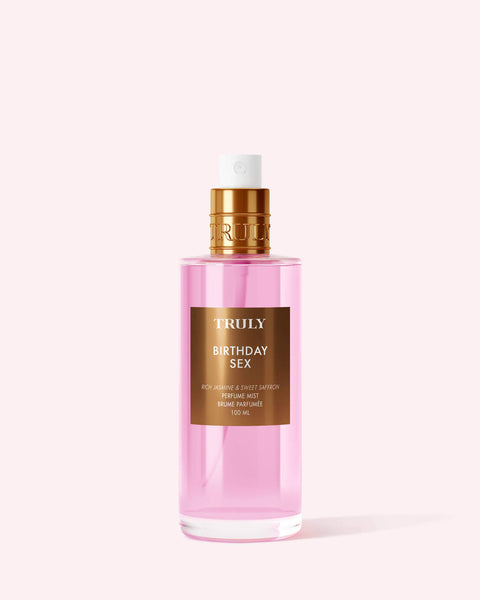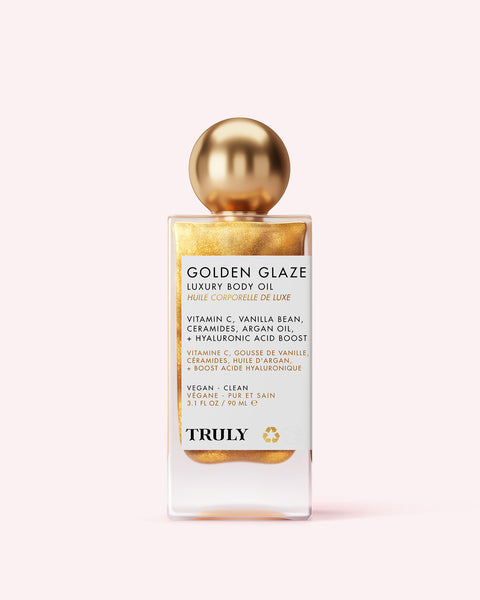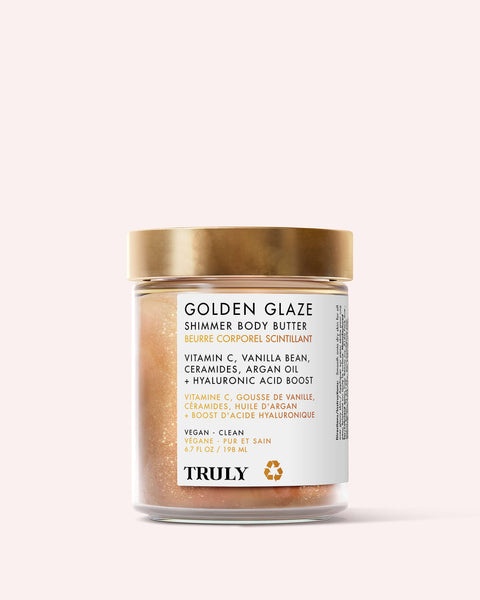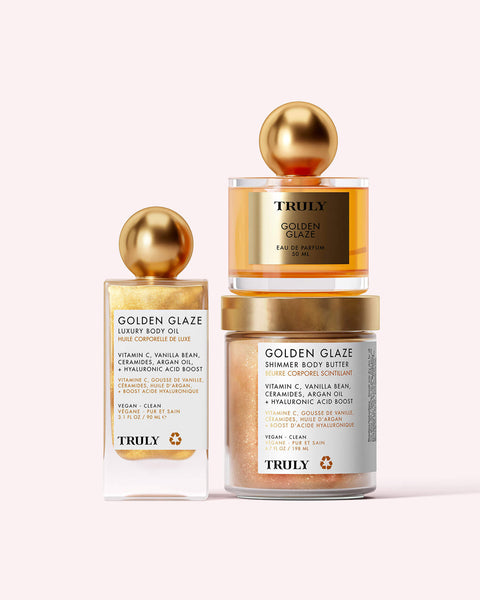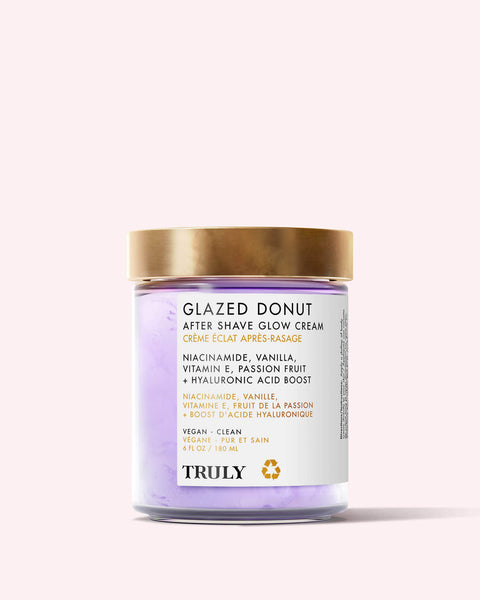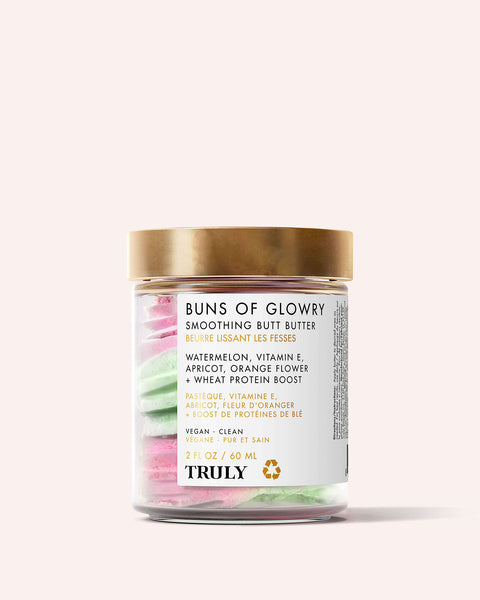Why You Need to Start Moisturizing Your Nipples
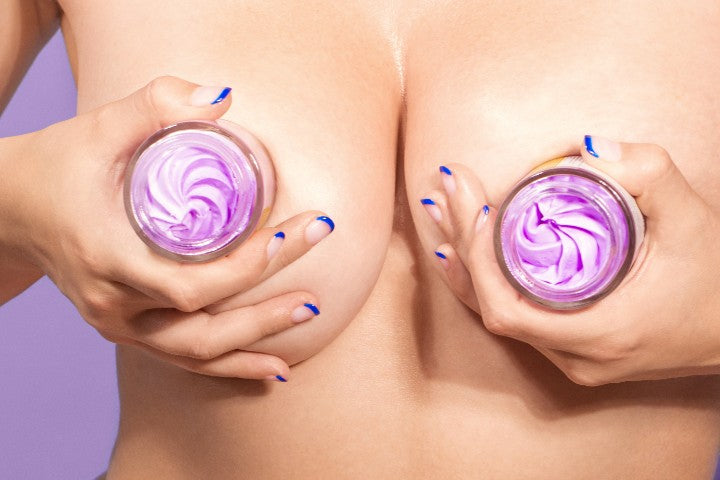
Moisturizing is an essential skincare step. And we're not just talking about lotion-ing up your face. Sure, your face matters a lot. It's the part of your body that's most frequently on display. But there are other body parts that need a little more TLC than what they're currently receiving....
like your chest area, or more specifically: your nipples.
Whether you're experiencing cracked nipples from breastfeeding or you're just keen on keeping your nips extra soft, we show you why nipple hydration matters and the products you can use to pamper your nipples.
Your Boobs are Prone to Premature Aging
Sad, but true.
"Your neck and décolletage area are one of the first to show signs of ageing and fine lines. We say skincare starts at the nipples so people consciously apply their new cream," says Simona Valev, Co-Founder of Rawkanvas. "We often only focus on the face and miss this step. Using sweeping actions across the chest and up the neck can help ensure that signs of ageing are prevented."
By keeping the skin on your boobs hydrated, you prevent the skin from drying out and withering. The act of massaging in those skincare creams alone can help boost circulation and get the blood flowing -- a quick fix for sad, sagging breasts.
To reap the most benefits from a boob lotion, look for products that contain anti-aging ingredients, like retinol and collagen. These are particularly effective at turning back the clock for your boobies.
Your Nipples Get Dry -- Fast
The nipple has thin and delicate skin, making them prone to dryness, chafing, and redness. That's why it's worth incorporating a nipple cream or moisturizer into your routine that provides relief to dry skin and replenishes lost moisture.
It's best to look for a product that's lightweight and fast absorbing rather than something too thick and greasy. In some cases, such products may be too heavy and uncomfortable for some women. And nobody wants that!
Dermatologists recommend choosing a moisturiser that helps reduce and prevent dryness, while protecting your skin at the same time. Look for nourishing ingredients that lock in moisture like shea butter, mango butter, hyaluronic acid, cocoa butter, and olive oil, and antioxidants like berries to shield the skin from oxidative stress.
Nipples are Vulnerable to Environmental Impacts
Are you dealing with dry or sore nipples? Unlike the skin on your face, the nipple area has a lot less hair follicles and sebaceous glands to keep the area hydrated and protect it from outside aggressors like pollution and UV rays. You could say the nipples are far more delicate than the facial area, and that's why they require even more care.
Partial to the occasional topless sunbathing? Prevent your nips from drying out or experiencing UV-induced damage by slathering them in sunscreen (SPF 30). Or even better, cover them with tape or some form of protective material.
Nipple Dryness & Soreness Affects Breastfeeding Mothers Most
Those who breastfeed are prone to dry, sore nipples. Around 80–90 percent of women experience nipple pain as a result of breastfeeding.
That's because infants often suckle aggressively. This, combined with the frequency of latching, can leave a woman more susceptible to dry, chaffed nips. Ouch!
What's more, breastfeeding can leave a woman more vulnerable to thrush (a type of yeast infection) that can pass between the baby’s mouth and the mother's nipples.
Apply a lightweight lotion liberally over your neck, chest, décolletage and nipple area in upward sweeping motions. Avoid going overboard so you don't end up staining your clothes or distracting your baby with greasy nipples. And steer clear of products formulated with retinol. It's not considered safe for pregnant or breastfeeding women.
Eczema and Allergic Reactions May Trigger Dryness
People with eczema may notice dryness and flaking appearing on their nipples and chest area. You may even notice it if you have sensitive skin and are prone to allergies when using new products. Even just washing in drying soaps can be enough to bring on nipple dryness and inflammation.
If you are experiencing eczema or allergies, visit your healthcare provider for professional assistance.
Your Sports Bra May be to Blame
If your sports bra doesn't fit properly, it could be causing chafing which often results in dry skin. When your sports bra is too tight, it ends up rubbing against your skin as you move, leading to nipple chafing.
The solution? Invest in a better fitting bra, and if you need, apply a thin layer of Vaseline on your nipples as a protectant against the rubbing.
Nourish Your Nips with Truly's NEW Acai Your Nippies Butter
Truly's Nipple Butter just dropped and believe us...it's really exciting!!!
Made with acai, dragon fruit, mango butter, apricot, and an antioxidant boost, this dreamy moisturizer was made exclusively for your nips! A fruity, buttery, antioxidant packed blend of active ingredients work to smooth, soothe, and lock in lasting moisture on dry, sore, and inflamed nipples.
Apply a dime sized amount of butter to clean, dry nipples and massage in completely. The butter glides on more easily if warmed in palms beforehand.
*This formula contains no retinol, meaning it is safe for use during pregnancy.*
Pair it With Our Acai Your Boobies Bundle
Your boobs need waaaay more attention than they're currently getting. Show them some love by pampering them with our Boobie Sculpting Polish, Butter, and Serum. The products are all formulated with high-performing, skin-tightening ingredients, such as acai, dragon fruit, and retinol.
In addition to perking up your lady lumps, these boob-formulated products help reduce the appearance of stretch marks and fine lines for a truly chirpy chest.
All in all, nipple dryness or flakiness is fairly easy to treat. Invest in a quality nipple moisturizer, steer clear of irritating products and fabrics, and be sure you're keeping your nips clean.
If you experience inflammation or severe irritation, contact your health-care provider for advice. You may have an infection that needs treating.
In the case of an infection, your doctor might prescribe an oral antibiotic or antibiotic ointment. If it's an allergic reaction, you'll most likely be prescribed a steroid cream.
